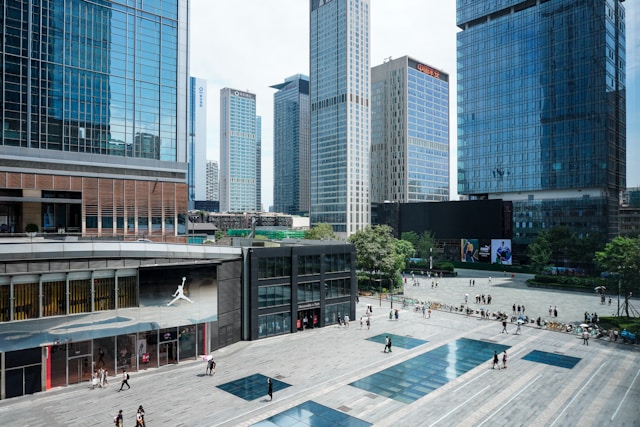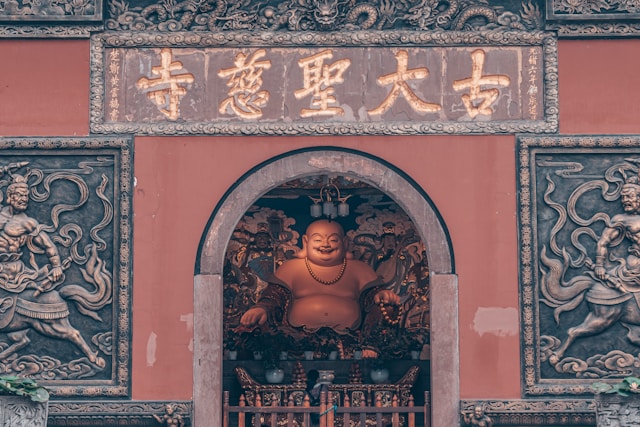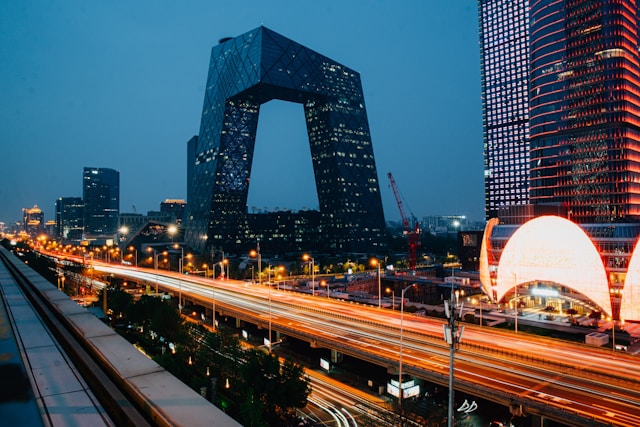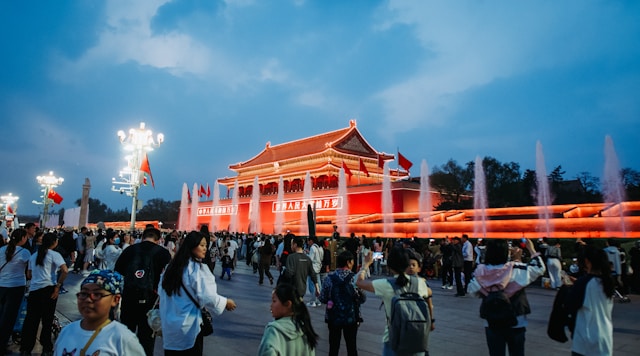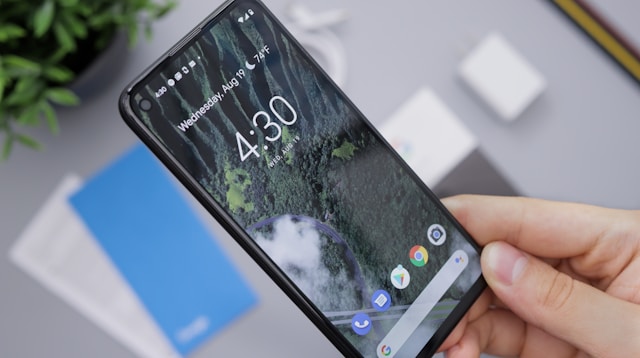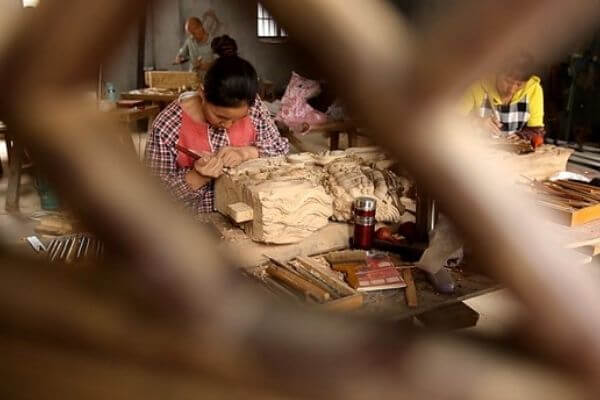
In January 2021, Zhejiang High Court released the typical cases on strengthening judicial protection of intellectual property in 2020.
On Jan. 19, Zhejiang High People’s Court released the typical cases on strengthening judicial protection of intellectual property by courts in Zhejiang province in 2020.
There are eight typical cases, including: the Case regarding Trademark Infringement and Unfair Competition Dispute of World Trade Center Association v. Taizhou Global Trade Center Co., Ltd.; the Case regarding Trademark Infringement of Adidas Co., Ltd. v. Ruan Guoqiang and Ruan Yongyi; the Case regarding Unfair Competition of Shenzhen Tencent Computer Systems Co., Ltd., and Tencent Technology (Shenzhen) Co., Ltd. v. Zhejiang Soudao Network Technology Co., Ltd., and Hangzhou Juketong Technology Co., Ltd.
Among them, the Case regarding Unfair Competition of Shenzhen Tencent Computer Systems Co., Ltd., and Tencent Technology (Shenzhen) Co., Ltd. v. Zhejiang Soudao Network Technology Co., Ltd., and Hangzhou Juketong Technology Co., Ltd is worthy of much more attention.
The case involves the ownership of data rights and interests and the legitimacy of data scraping.
Pursuant to the judgment, the data controlled by the network operator is divided into two types, raw data and derivative data. For simple raw data, the data controller can only rely on the information rights and interests of the network users, and enjoy the restricted right to use the raw data subject to the agreement between the data controller and the users; for the data resources integrated by simple raw data, the data controller enjoys the competitive rights and interests.
Unauthorized use of simple original data controlled by others, which does not violate the principle of “legality, necessity and consent of users”, should not be deemed as unfair competition; nevertheless, unauthorized destructive use of data resources controlled by others in large scale can be regarded as unfair competition.
Contributors: Yanru Chen 陈彦茹
